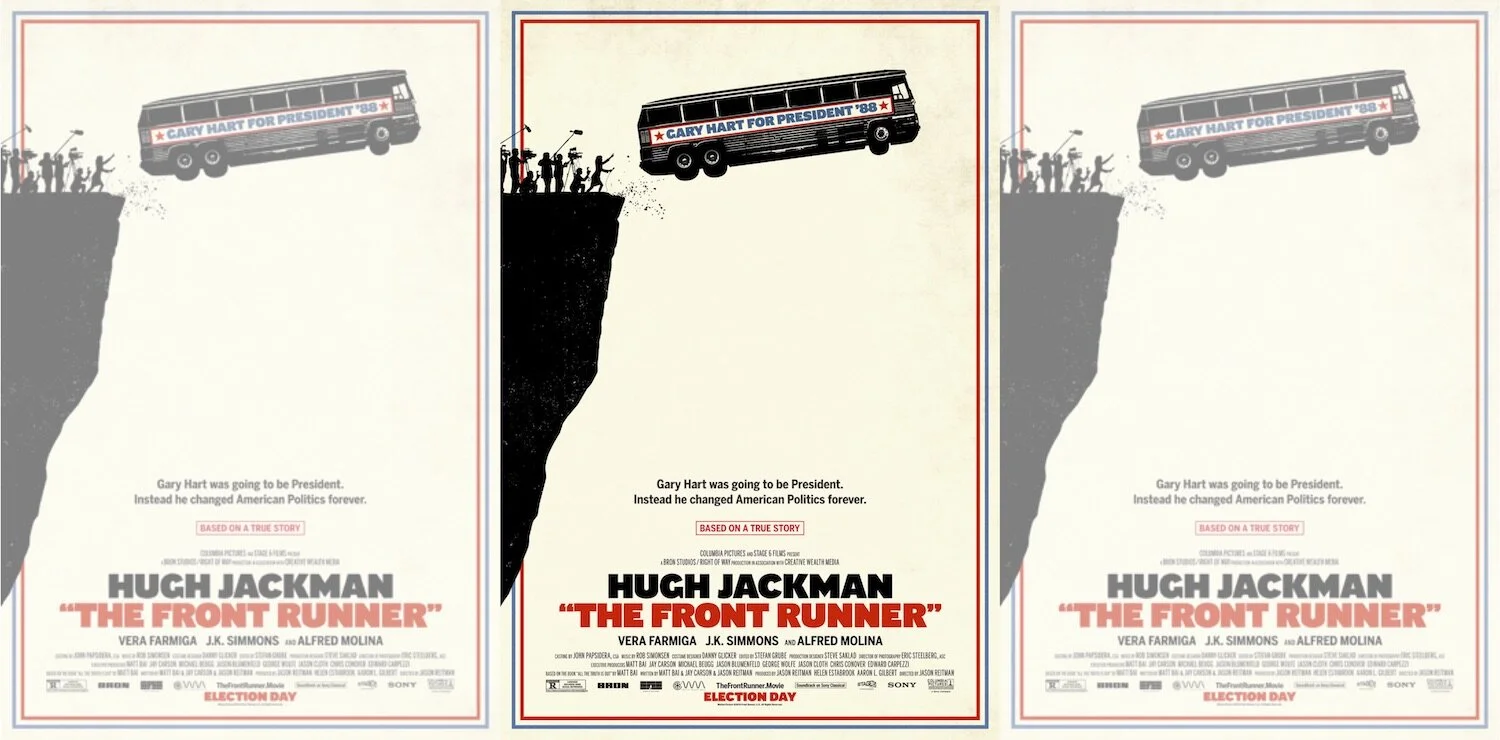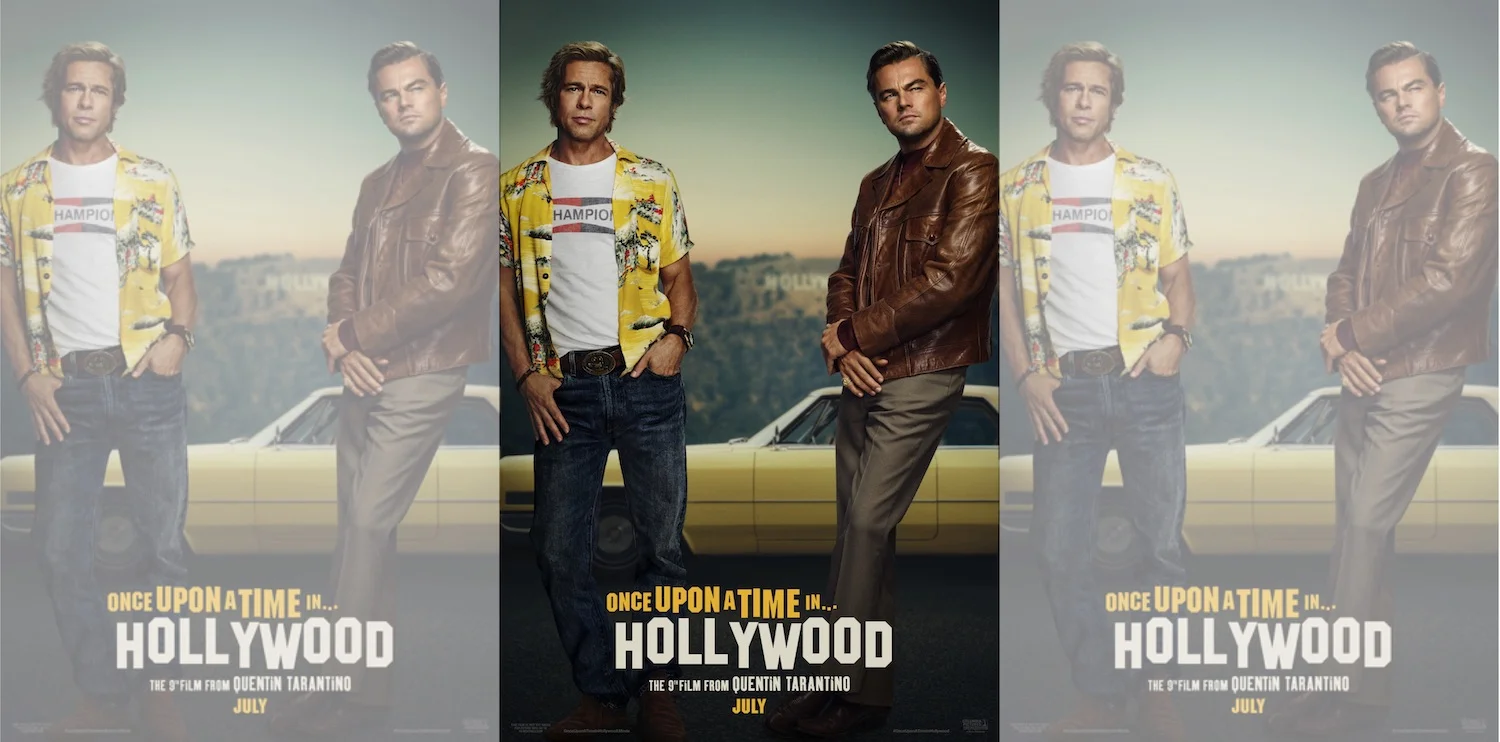Jojo Rabbit (2019)
BUNNY-HOPPING THROUGH THE THIRD REICH
It usually requires little effort to categorize a film. It’s no stretch to identify The Matrix as science fiction, Unforgiven as a western, Love Actually as a romantic comedy, Baz Luhrmann’s Moulin Rouge! as a musical. Disagreements might arise about which particular label to employ—is Alien best classified as science fiction or horror?—but such debates typically indicate that a work contains significant elements of more than one genre. But even employing multiple designations, Jojo Rabbit defies such simple compartmentalization. It is uproariously funny, heartbreaking, charming, horrifying, uplifting, and a cautionary tale, all rolled into one supremely successful film. It is a dark comedy, to be sure, but also so much more than that.
The cover of Christine Leunens’ international bestseller, Caging Skies
Set in Germany during the waning days of World War II, actor-screenwriter-director Taika Waititi’s film adapts Christine Leunens’ novel, Caging Skies, an international bestseller. The story follows the life of ten-year-old Johannes Betzler (Roman Griffin Davis), a German boy who wants more than anything to serve as a Nazi soldier—so much so that he regularly visualizes and speaks with an imaginary friend: Adolf Hitler (Taika Waititi). Jojo, as he is known, enjoys the patriotic ardor of youth, an unthinking nationalism predicated on chauvinistic Aryan attitudes that he parrots without question, and with no understanding.
With his father apparently off serving in Germany’s war effort, and his older sister recently lost to influenza, Jojo lives alone with his mother, Rosie (Scarlett Johansson). He and his friend Yorki (Archie Yates) attend the Deutsches Jungvolk in der Hitler Jugend [German Youngsters in the Hitler Youth]. There, he encounters the leader of the DJV troop, Captain Klenzendorf (Sam Rockwell), a Nazi officer by turns redoubtable and ridiculous.
As Jojo and Yorkie undergo training in the Hitler Youth, the instruction they receive initially comes off as comical, but they also endure moments of intimidation and humiliation. One particularly troubling incident leaves Jojo deeply embarrassed and prepared to run away. Instead, he conjures up his chimerical buddy, Adolf, who urges him to take bold action. Motivated, Jojo attempts an act of bravado that goes awry, leaving him hospitalized and the DJV troop disbanded. Klenzendorf and his aides—Finkel (Alfie Allen) and Fräulein Rahm (Rebel Wilson)—are demoted to minor positions in the town.
Taika Waititi (airborne, left) and Roman Griffin Davis (airborne, right) in Jojo Rabbit
When Jojo eventually returns home, he sulks about the fresh scars on his face, turning once more to the Führer of his fantasies for solace and encouragement. When he discovers a Jewish teenage girl, Elsa (Thomasin McKenzie), secretly living in the attic, he is both frightened and outraged, and he immediately plans to turn her over to the authorities. Elsa stops him by threatening to report that Jojo’s mother has willingly harbored her.
Unfortunately, Elsa turns out to be something of a cipher as a character. Her Judaism appears nominal, with no real demonstrations of her faith or heritage. The audience sympathizes with her not entirely because of her plight within the film, but largely because of their knowledge of the horror that Jewish people endured during Word War II. Although portrayed with youthful vigor by Ms. McKenzie, Elsa exists less as a fully realized character than as an instrument of instruction for Jojo, a means by which he can begin to challenge his belief in Nazi orthodoxy.
The Producers movie poster
Fifty years ago, Mel Brooks wrote and directed The Producers, a film that made it fashionable to mock the Third Reich and Adolf Hitler. But a danger lurks in portraying Nazi soldiers and their leaders as buffoons, as it can undermine the enormity of their despicable deeds. Philosopher and political theorist Hannah Arendt, in her coverage for The New Yorker of the 1961 war-crimes trial of Adolf Eichmann, reported on the “banality of evil”—the notion that evil acts can be committed without evil intent, that a mere lack of empathy can allow an individual to contribute to the most heinous deeds. Ms. Arendt argued that Eichmann, a bureaucrat charged with organizing the transportation of prisoners to concentration camps, did so not for the express purpose of enabling the systematic torture and murder of people by the millions, but simply as a means of seeking advancement within the German war machine. But while depicting Nazis in a comic fashion can reinforce this idea, it can also soften the merciless horror of the Holocaust. In a world where white nationalists are attempting to reassert themselves in America and across the Western world, it can be risky to underestimate their ability to promote their inhuman agenda.
Scarlett Johansson (left) and Roman Griffin Davis (right) in Jojo Rabbit
Somehow, Mr. Taititi manages to avoid such missteps. Although laughs abound in the story, a vein of unmistakable Nazi cruelty runs through it. Interestingly, the victims in the film are not simply Elsa (standing in for the Jewish population in Germany at that time), nor even the German citizens working to defy the Third Reich, but some of the Nazis themselves. Captain Klenzendorf, it turns out, does not measure up to the Aryan stereotype favored by Hitler and his minions, and it is doubtless his threatened individualism that allows him both to play the part assigned to him and also to subvert the relentlessly savage machinery of National Socialism.
The cast all turn in exceptionally fine performances. Roman Griffin Davis imbues Jojo with the naive idolatry of youth, but also a perceptiveness that makes him anything but a caricature. Scarlett Johansson plays Rosie with a mother’s heart, with an empathetic worldview and a caring that reaches beyond the people she loves. In a particularly demanding role because it could so easily go wrong, Sam Rockwell threads the needle with his portrayal of Captain Klenzendorf, an egocentric Nazi doing what he must to survive without completely forfeiting his humanity. Thomasin McKenzie and Rebel Wilson turn in solid performances, as does Stephen Merchant as a creepily menacing gestapo officer, while Archie Yates steals virtually every scene in which he appears.
From left to right: Sam Rockwell, Scarlett Johansson, Roman Griffin Davis, and Rebel Wilson in Jojo Rabbit
Overall, Taika Waititi has crafted a memorable film, penning a screenplay overflowing with humor, heart, and understanding, while not shying away from the harsh realities of war in general, and of Nazi Germany in particular. His performance as Jojo’s imaginary version of Adolf Hitler strikes the perfect note, allowing the audience to laugh at the absurd vision of the Führer that the boy has created. This darkly comic and yet heartfelt film may not be for everybody, but if you go with it, it will usher you on a journey worth taking.
**** (out of *****)
©2020 David R. George III
2019 • 1 HOUR, 48 MINUTES
TSG ENTERTAINMENT • PIKI FILMS • DEFENDER FILMS • CZECH ANGLO PRODUCTIONS
STARRING
• ROMAN GRIFFIN DAVIS, THOMASIN MCKENZIE, SCARLETT JOHANSSON
ALSO STARRING
• TAIKA WAITITI, SAM ROCKWELL, REBEL WILSON, ALFIE ALLEN, STEPHEN MERCHANT, ARCHIE YATES
WRITTEN BY
• TAIKA WAITITI (SCREENPLAY)
• CHRISTINE LEUNENS (BASED ON THE NOVEL CAGING SKIES BY)
DIRECTED BY
• TAIKA WAITITI
2019 ACADEMY AWARDS (1)
• BEST ADAPTED SCREENPLAY
ADDITIONAL 2019 ACADEMY AWARD NOMINATIONS (5)
• BEST PICTURE (LOST TO GISAENGCHUNG [PARASITE])
• BEST SUPPORTING ACTRESS: SCARLETT JOHANSSON (LOST TO LAURA DERN FOR MARRIAGE STORY)
• BEST COSTUME DESIGN (LOST TO LITTLE WOMEN)
• BEST FILM EDITING (LOST TO FORD V FERRARI)
• BEST PRODUCTION DESIGN (LOST TO ONCE UPON A TIME . . . IN HOLLYWOOD)








